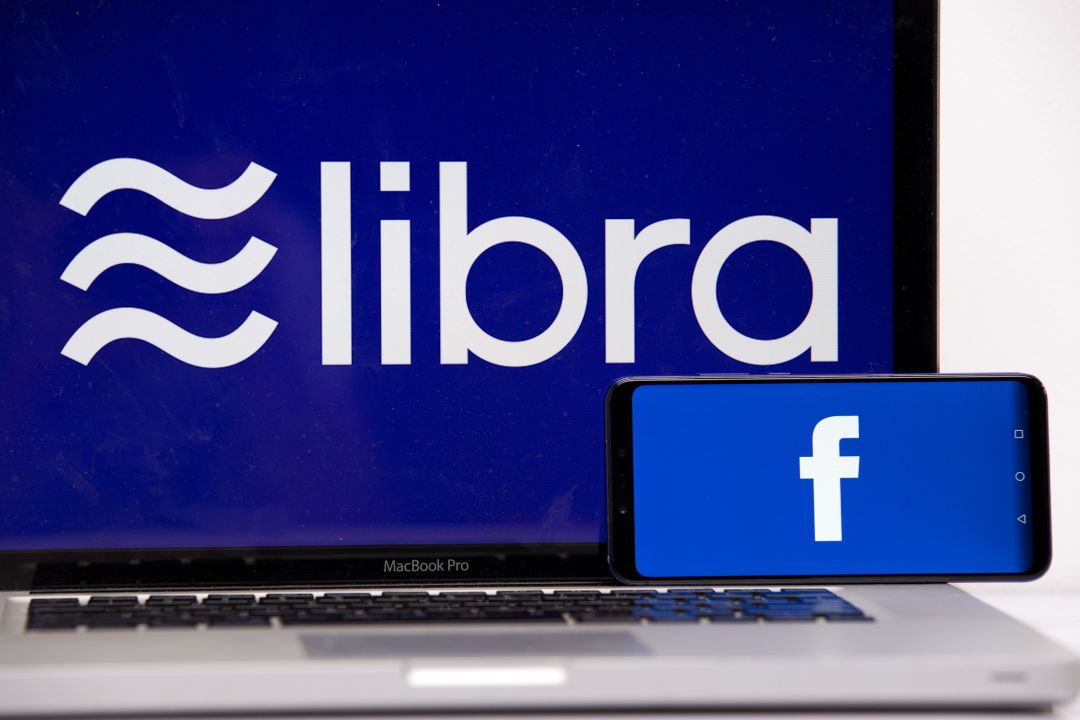Some of the 27 partners of Facebook for the Libra project would be considering abandoning the association.
This is revealed by the Wall Street Journal, according to which, VISA and MasterCard are the members most at risk.
Tomorrow, Thursday, October 3rd, in Washington, the leaders of the partner companies of the Libra Association will meet to discuss it, while on October 14th a meeting will be scheduled in Geneva to draft and discuss the founding charter of the association and to appoint the board of directors.
The Wall Street Journal reports doubts about the possible repercussions that the companies involved could receive from governments and regulators if they were to oppose the project.
In fact, the Treasury Department has sent letters to the US companies involved in the project, including VISA, MasterCard, PayPal and Stripe, asking them to provide a comprehensive overview of their anti-money laundering compliance programs and how Libra will adapt to them.
The first concrete consequence is that some members of the association have refused Facebook’s requests to publicly support the project, but there are rumours of possible defections.
The fact is that if VISA and MasterCard, the two main financial partners involved in the project together with PayPal, were to disappear, the whole project could also be at risk. The Wall Street Journal speculates:
“Without a network of financial partners that could help transfer currencies into Libra and global retailers to accept it as a form of payment, Libra’s reach would be limited”.
However, it is probably not only the criticism received from government officials and central bankers that have generated these concerns.
In fact, a recent speech by Facebook CEO Mark Zuckerberg has been leaked from the company, which has generated many setbacks.
In this speech, Zuckerberg strongly criticises one of the main candidates to the US democratic primary presidential elections, Elizabeth Warren, a great advocate for a public intervention aimed at curbing the expansion and influence of large technology companies such as Facebook.
The accusations made against Warren are heavy and explicit, and since Zuckerberg is not new to this kind of attitude, someone even went so far as to speculate that, if it were she who challenged Trump in the next elections, Facebook could help the current President to be re-elected, despite the relations between the two subjects are anything but idyllic.
Actually, in this same speech, Zuckerberg also invokes explicit concerns about the health of democracy, presumably suggesting that the hypothesis that Facebook may side with Trump is a bit too far-fetched.
The fact is that there aren’t many big American companies that like to be involved in this kind of political quarrel, so the risk is that some Facebook partners may decide to disengage in order not to be involved, even indirectly or marginally, in the inevitable consequences that this attitude could cause.




